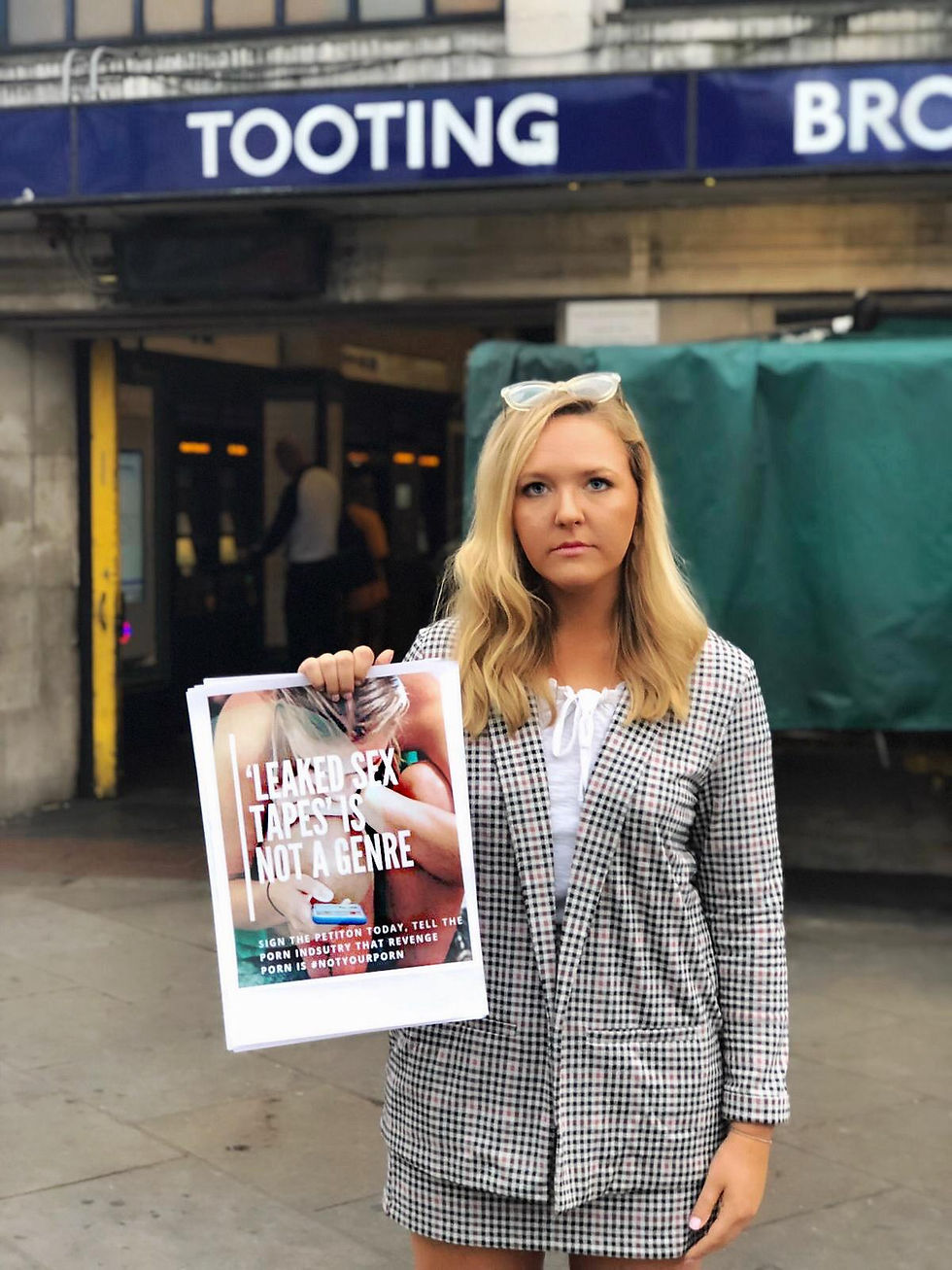Acid Attacks: On the Rise & Around the World
- Sharin Hussain

- May 1, 2019
- 3 min read
Acid attacks is a form of violence that occurs across the world, often discriminative towards women, with many fearing for the consequences they may face, should they report the incident to the police. Often the attack is carried out by a family member, an ex-lover or is considered an act of hate crime.
What started as a college project became so much more, not just to Ria Sharma, a Fashion graduate, and now the first Indian to receive the UNICEF Global Goals Awards for 2017, but for the victims who were able to find a platform. Sharma began a non-profit organisation called Make Love Not Scars, in 2014, after creating a documentary on acid attacks in India. The campaign helps not only survivors of acid attacks but also victims of gender-based violence. Ria Sharma has also released a book with the same title talking about her experience and journey.

Reshma Qureshi was just 17 years old when she was attacked by her brother in law who had accidentally mistaken her, for her sister and had acid thrown on her. She became the face of the campaign and was fighting against #EndAcidSale which was launched in August 2015, to prevent people from misusing the product. The campaign was created using videos of sharing beauty tips and became a trending topic with several media outlets sharing the story. The Indian Government approved of the ban in December 2015.
Some of the most commonly known stories regarding acid attacks in the UK includes the story of Katie Piper who was attacked back in 2008 by an ex-boyfriend who cohorts with a criminal to carry out the crime. Another press coverage was regarding the attack committed by a friend wearing an Islamic face veil, who was jealous of her friend’s beauty, which happened back in 2014. Jameel Mukhta and his cousin, Resham Khan had been celebrating her 21st birthday when they were targeted in Beckton, East London, on 21 June 2017. They were driving fairly slowly on the road with their window down and the attacker was able to throw the acid whilst running towards the open window. Since then, each perpetrator has been given a sentence for their crime.

According to www.statista.com, in London, there was 261 acid attacks in 2015, 458 in 2016, which is almost double the amount, and by the end of April 2017, there was already 114 attacks carried out. There is no real reason for attacks happening around the world, it a phenomenon that doesn’t really have anything to do with religion, race or culture. However many countries have banned the crime such as Bangladesh who was the first to pass a law banning acid attacks in 2002. Acid Survivors Trust International is a global charity and non-profit organisation that helps victims and tries to prevent the use of acid around the world. In 2011, The Acid Control and Acid Crime Prevention Bill was created to stop acid throwing in Pakistan, known to have highest volume of attacks with around 496 attacks recorded in 2002 and the bill prevents that with only an estimated 70 attacks occurring in 2012, a year after the bill was released.
Another country who has passed the law against acid violence is Cambodia, which has seen a significant decline in number of attacks. Natalia Ponce De Leon was attacked in 2014 in Colombia and has been fighting for changing laws against acid attacks and in 2016, the sentence for an acid attacker in Colombia is 12 to 50 years in jail.
Support and donate to these charities to help prevent acid attacks around the world and provide care for the victims affected.
Make Love Not Scars: https://makelovenotscars.org/
Acid Survivors Trust International: https://www.asti.org.uk/






Comments